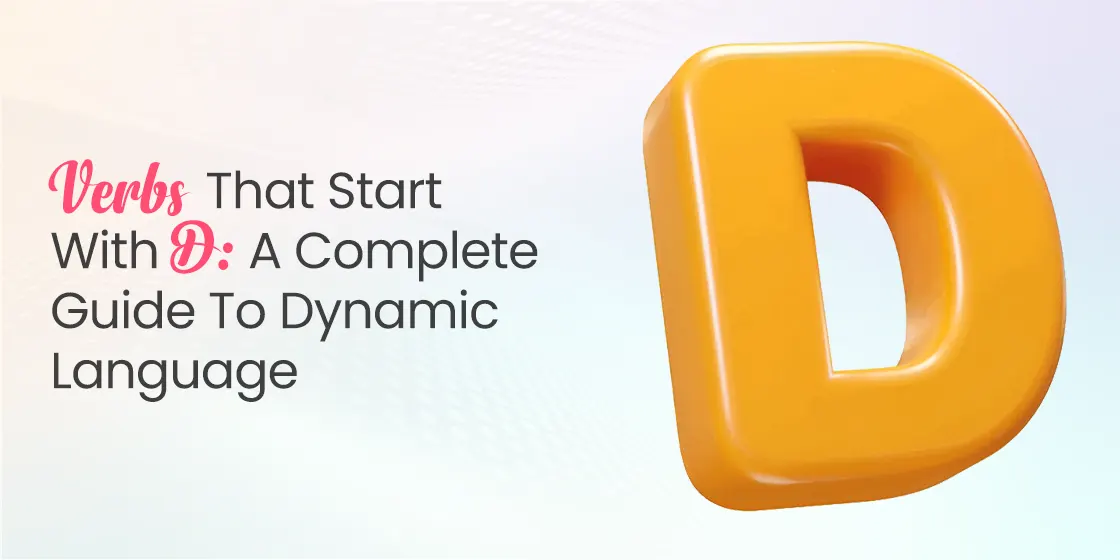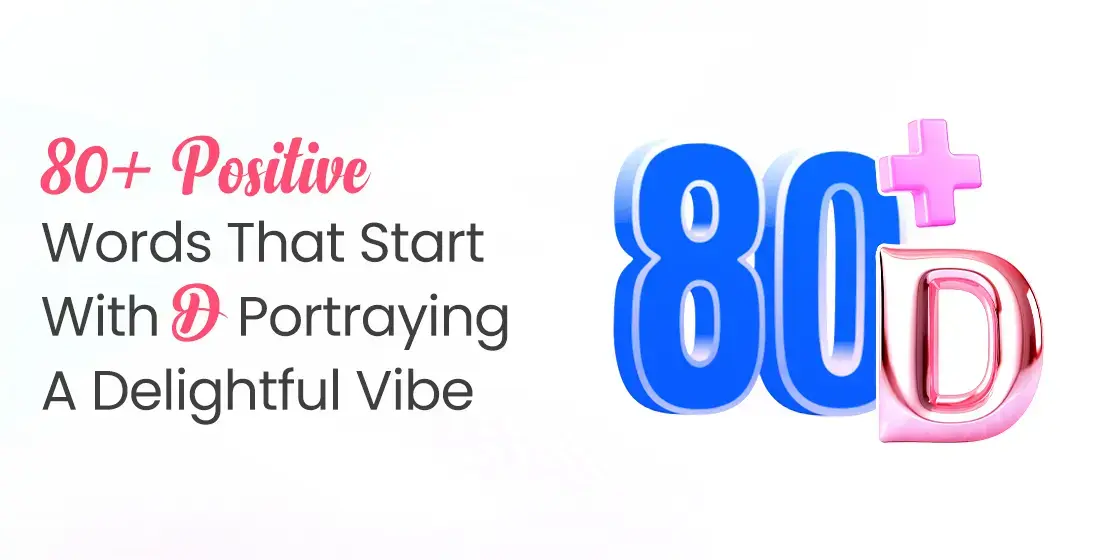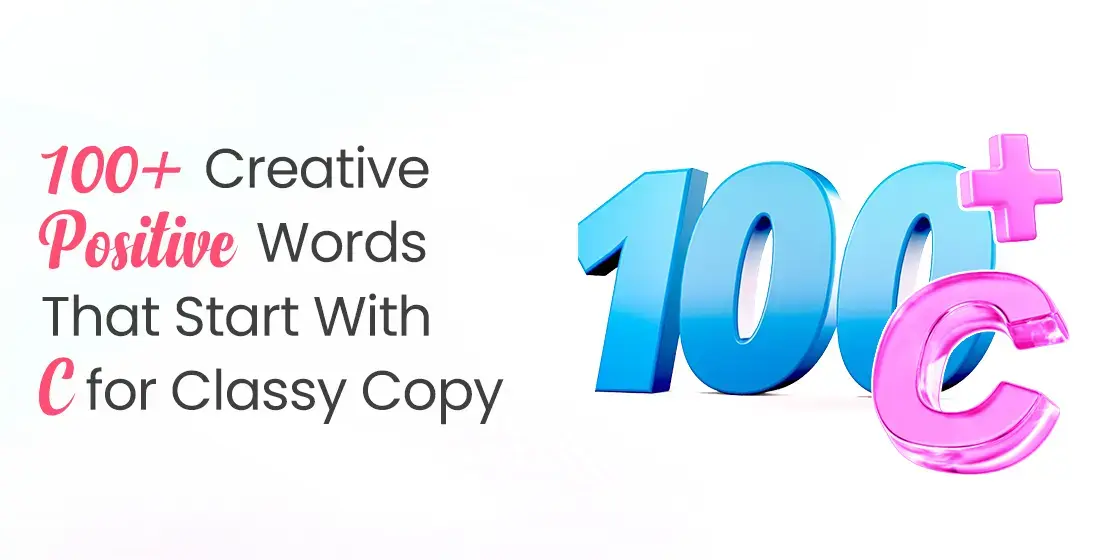Table of Content
Discover How the Top Verbs That Start With D Add a Dynamic Vibe to Our Content
The English language offers a treasure trove of dynamic words, and among them, verbs that start with D stand out as particularly powerful tools for communication. These action words don’t just describe what’s happening—they bring energy, precision, and color to our conversations and writing. From everyday activities like “dance” and “drive” to more complex actions like “dedicate” and “demonstrate,” these verbs form the backbone of expressive language.
Understanding and mastering verbs that start with D can significantly enhance your vocabulary and communication skills. Whether you’re a student working to improve your writing, a professional seeking to articulate ideas more clearly, or simply someone who loves language, these verbs offer endless possibilities for creative expression. They help us paint vivid pictures with words and convey exactly what we mean.
What makes these D-verbs particularly fascinating is their incredible diversity. They cover every aspect of human experience, from physical actions to emotional states, from simple daily tasks to complex intellectual processes. Let’s dive into this comprehensive exploration of verbs that start with D and discover how they can transform your language use from a web copywriting services perspective.
Understanding Verbs: The Foundation of Action and What Makes Verbs Essential
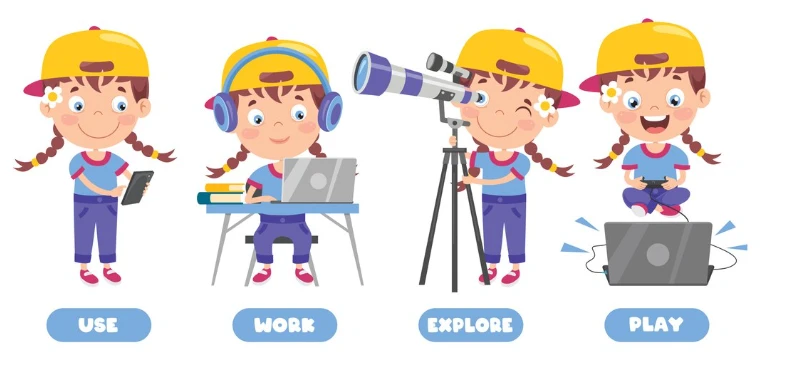
Verbs are words that present the action of the subject and are critical to writing effective and accurate sentences. As the engines of language, verbs that start with D, like all verbs, indicate what’s happening in a sentence and put the subject into motion. Without verbs, we’d have nothing but fragments—incomplete thoughts that fail to communicate action, change, or being.
In the sentence “Darlene drank Diet Dr. Pepper,” we see how a verb functions: “Darlene” is the subject, “drank” is the verb expressing the action, and “Diet Dr. Pepper” is the direct object. This simple pattern demonstrates how verbs that start with D connect subjects to their actions and create meaning.
Understanding verb function helps us appreciate why expanding our knowledge of verbs that start with D enhances our communication. These action words, like vivid verbs, allow us to express ourselves with greater precision and impact, making our speech and writing more engaging and effective.
The Various Types of Verbs That Start with D in the English Language
There are two basic types of verbs that can be found in the “D” family. Let’s take a look at them in greater detail. The third type, linking verbs, are not found in the D family.
Common Action Verbs
Action verbs represent the most common type among verbs that start with D. These words highlight things you can do, like “dance” and “deploy.” They refer to performing specific actions and create clear, vivid images in readers’ minds. When you tell someone you want to “dance the night away,” the action verb makes your intention unmistakably clear. However, there are cases like affect vs effect that can cause issues.
- Dance
- Drive
- Draw
- Drink
- Drop
- Dig
- Dash
- Dive
- Deliver
- Develop
Helping Verbs
Helping verbs also play important roles in our D-verb collection. The word “did” serves as a common helping verb that assists main verbs by extending their meaning. You can see this helping verb in action in sentences like “David did go downtown yesterday,” where it pairs with the main verb “go” to create emphasis.
- Did
- Does
- Do
Common Daily Verbs That Start With Essential Everyday Actions
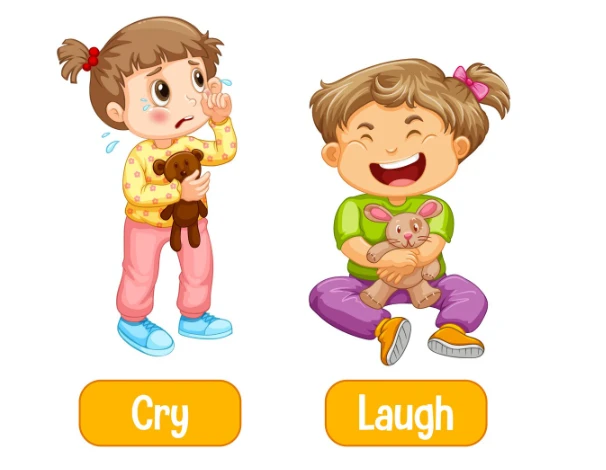
The most frequently used verbs that start with D appear in our daily conversations and activities. “Drive” ranks among the most practical, as millions of people drive to work every morning. This verb encompasses operating vehicles, steering through traffic, and maneuvering through various transportation scenarios.
“Decide” represents another crucial daily verb, as we constantly choose among different possibilities throughout our day. From deciding what to eat for breakfast to making important life choices, this verb captures the mental process of selection and determination that defines human decision-making.
“Dance” brings joy and expression to our vocabulary, describing rhythmic movement to music that spans cultures and celebrations. Whether describing professional performances or casual movement, this verb conveys energy, creativity, and the universal human impulse to move with rhythm.
Some of the top verbs in this category include:
- Drive
- Decide
- Do
- Drink
- Dress
- Dial
- Dine
- Drop
- Deal
- Discuss
Communication and Social Interaction Verbs That Start With D
“Discuss” facilitates the exchange of ideas and opinions that forms the foundation of human interaction. This verb encompasses everything from casual conversations to formal debates, representing our fundamental need to share thoughts and perspectives with others.
“Describe” enables us to give detailed accounts of experiences, objects, and concepts. This essential communication verb helps us paint pictures with words, explain complex ideas, and share our observations with clarity and precision.
“Debate” takes discussion to a more formal level, representing the structured exchange of different viewpoints. This verb captures the intellectual process of examining issues from multiple angles and arguing positions with evidence and reasoning.
- Discuss
- Describe
- Debate
- Declare
- Demand
- Disagree
- Demonstrate
- Dialogue
Action Verbs That Start With D
Alt: Comparative action verbs
While verbs describe action such as roll vs role, the following action verbs that start with D have a great dynamic feel.
D Verbs for Physical Movement and Activity
Physical action verbs that start with D encompass a vast range of bodily movements and activities. “Dive” represents the action of plunging into water or throwing oneself into an activity with enthusiasm. This verb conveys both literal physical movement and metaphorical engagement with passion and commitment.
“Dash” indicates rapid movement with urgency or excitement. Whether describing someone rushing to catch a train or adding a quick ingredient to a recipe, this verb conveys speed and purposeful motion that creates immediate visual imagery.
“Dig” involves excavating, searching deeply, or investigating thoroughly. This versatile verb works both literally (digging in a garden) and figuratively (digging for information), demonstrating how verbs that start with D often carry multiple layers of meaning.
- Dive
- Dash
- Dig
- Duck
- Dodge
- Drag
- Drop
- Dance
- Dart
- Dribble
- Drill
Creative and Productive Action Verbs That Start With D
“Design” represents the creative process of planning and creating with specific purposes in mind. This verb captures the intellectual and artistic work of developing solutions, whether for architectural projects, fashion creations, or technological innovations.
“Develop” indicates growth, progress, and the gradual emergence of something more complete or advanced. This verb applies to everything from personal skills to photographic film to real estate projects, showing how single words can encompass vast ranges of human activity.
“Deliver” encompasses both physical transportation and successful completion of promises or objectives. From delivering packages to delivering powerful speeches, this verb represents fulfillment, reliability, and the completion of important tasks.
- Design
- Develop
- Deliver
- Draw
- Draft
- Display
- Decorate
- Direct
- Document
Emotional and Mental Verbs That Start With D
Unlike action verbs, emotional or mental verbs have a deeper, more nuanced meaning.
Verbs That Start With D Describing Cognitive Processes
Mental action verbs that start with D represent the rich inner world of human thought and emotion. “Decipher” means understanding the meaning of something obscure or coded. This verb captures the intellectual process of solving puzzles, interpreting complex information, and making sense of challenging concepts.
“Dedicate” involves devoting time, energy, or oneself to particular tasks or purposes. This verb expresses commitment, sacrifice, and the purposeful allocation of resources toward meaningful goals. It represents the human capacity for sustained focus and devotion to important causes or people.
“Determine” indicates the process of establishing facts, making firm decisions, or resolving to pursue specific courses of action. This verb combines investigation, analysis, and decision-making into a single powerful word that captures human agency and resolve.
- Decipher
- Deduce
- Determine
- Deliberate
- Diagnose
- Differentiate
- Discern
- Dedicate
Emotional Expression Verbs That Start With D
“Delight” serves as both an emotional experience and an action that brings joy to others. As a verb, it means to please greatly or take joy in something. This positive action word represents the human capacity to both experience and create happiness through our actions and attitudes.
“Despair” represents the opposite emotional spectrum, indicating the loss of hope or the feeling of extreme discouragement. While negative, this verb provides essential vocabulary for expressing the full range of human emotional experience.
“Dread” involves anticipating something with fear or apprehension. This emotional verb helps us articulate anxiety about future events and the psychological weight of expecting negative outcomes.
- Delight
- Despair
- Dread
- Desire
- Doubt
- Disappoint
- Discourage
- Despise
- Distress
Professional and Academic Verbs That Start With D
Professional verbs that start with D have a sophisticated, elegant feel to them in writing and speech.
Professional D-Verbs for Workplace Communication
Delegate, demonstrate, document, direct, distribute, deploy, deliver, develop, devise
Professional environments rely heavily on specific verbs that start with D to communicate clearly and effectively. “Delegate” represents the management skill of assigning tasks and responsibilities to appropriate team members. This verb encapsulates leadership, trust, and strategic thinking about resource allocation.
“Demonstrate” involves showing or proving something through examples, evidence, or practical application. In professional settings, this verb indicates teaching, proving competence, or providing evidence for claims and proposals.
“Document” means recording information systematically for future reference or legal purposes. This verb captures the essential professional activity of creating permanent records, maintaining transparency, and ensuring accountability.
Academic D-Verbs for Educational and Learning Contexts
“Define” represents the fundamental educational process of explaining what words or concepts mean. This verb forms the basis of learning, teaching, and communication across all academic disciplines.
“Diagnose” involves identifying problems, conditions, or issues through careful analysis and investigation. While often associated with medical contexts, this verb applies broadly to problem-solving in technical, business, and academic environments.
“Differentiate” means distinguishing between different things or treating them differently based on specific characteristics. This verb represents critical thinking skills essential for analysis, comparison, and making informed judgments.
- Define
- Diagnose
- Differentiate
- Discover
- Dissect
- Deduce
- Delineate
- Demonstrate
- Discuss
Creative and Artistic Verbs That Start With D
For creative purposes, new and innovative verbs that start with D add a fresh vibe to our content.
Creative Arts D-Verbs for Artistic Expression
Creative verbs that start with D capture the essence of human artistic endeavor. “Draw” encompasses both the physical act of creating images with pencils, pens, or other tools, and the metaphorical act of attracting or pulling something toward oneself.
“Decorate” involves adding beautiful or festive elements to spaces, objects, or occasions. This verb represents the human desire to create beauty, mark special moments, and transform ordinary environments into something more appealing or meaningful.
“Display” means showing or exhibiting something for others to see. This verb captures the act of presentation, whether in museums, store windows, or personal spaces, representing our desire to share beauty, information, or achievements with others.
- Draw
- Design
- Decorate
- Display
- Draft
- Depict
- Dramatize
- Dance
- Direct
- Develop
D-Verbs for Performance and Entertainment
“Dramatize” involves presenting something in a dramatic or exaggerated way, often for emotional effect or entertainment. This verb represents the theatrical aspects of human communication and our tendency to use performance to convey meaning and emotion.
“Dazzle” means to impress deeply or astonish with brilliant display. This powerful verb captures the effect of exceptional performance, whether in entertainment, sports, or any area where skill and talent create wonder and admiration.
“Delight” in creative contexts represents the goal of much artistic work—to bring joy, pleasure, and positive emotional response to audiences through skilled performance or creation.
- Dramatize
- Dazzle
- Delight
- Dance
- Direct
- Debut
- Demonstrate
- Deliver
Frequently Asked Questions
| What are the most commonly used verbs that start with D? The most frequently used verbs that start with D include “do,” “drive,” “dance,” “decide,” “develop,” “describe,” “discuss,” “deliver,” “discover,” and “determine.” These verbs appear regularly in daily conversation and writing because they describe fundamental human actions like transportation (drive), communication (discuss, describe), decision-making (decide, determine), and creative expression (dance, develop). |
| How can I help my child learn verbs that start with D effectively? For young learners, use hands-on activities where children can physically demonstrate the actions. Have them dance, draw, dig, or jump to reinforce the connection between words and actions. Use picture books, songs, and rhymes that feature these verbs. Create simple sentences like “The dog digs” or “We dance together” and encourage repetition through games and storytelling activities that make learning fun and memorable. |
| What’s the difference between “detect” and “discover”? “Detect” means to notice or identify something that is hidden, present but not obvious, or difficult to find. For example, “Scientists detected traces of water on Mars.” “Discover” means to find something new, previously unknown, or to learn about something for the first time. For example, “She discovered a new species of butterfly.” Detection involves finding something that already exists but was hidden, while discovery involves finding something new or previously unknown. |
| Are there any irregular verbs that start with D? Yes, several verbs that start with D are irregular, meaning they don’t follow standard “-ed” patterns for past tense. Examples include “draw” (drew, drawn), “drive” (drove, driven), “drink” (drank, drunk), and “deal” (dealt, dealt). These irregular forms must be memorized since they don’t follow predictable patterns. Regular verbs like “dance” (danced, danced) and “decide” (decided, decided) follow standard rules. |
| How can I use verbs that start with D to improve my writing? Replace weak or overused verbs with more specific D-verbs to create stronger, more vivid writing. Instead of “made,” try “designed” or “developed.” Replace “said” with “declared” or “demanded” when appropriate. Use action verbs like “dazzled,” “demolished,” or “demonstrated” to create more dynamic sentences. Choose verbs that precisely convey your intended meaning—”sprinted” is more specific than “moved quickly,” just as “devoured” is more vivid than “ate quickly.” |
Conclusion
Verbs that start with D represent a rich and diverse collection of action words that can dramatically enhance your communication skills and vocabulary. From everyday activities like “drive” and “dance” to complex cognitive processes like “deduce” and “differentiate,” these verbs cover the full spectrum of human experience and action.
Mastering these powerful words takes practice, but the investment pays significant dividends in clearer, more precise, and more engaging communication. Whether you’re writing professional emails, crafting creative stories, or simply conversing with friends, verbs that start with D provide the tools you need to express yourself with confidence and clarity.
Remember that language learning is a gradual process that rewards consistency and application. By consciously incorporating verbs that start with D into your speaking and writing, you’ll find yourself naturally developing a more sophisticated and expressive command of English that serves you well in both personal and professional contexts.

Unleash your brand story`s potential with eContentSol – your creative writing companion. We craft narratives that captivate. Ready to elevate your content game? Dive into creativity with us and let`s bring your ideas to life.
